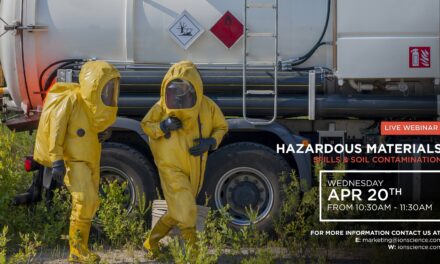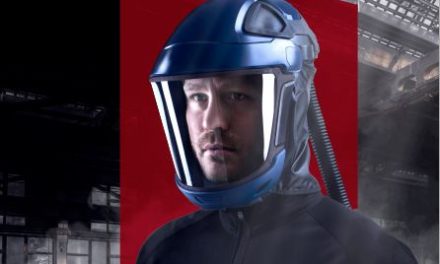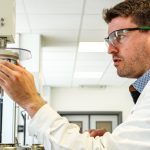Experts from the Manufacturing Technology Centre have developed a new system for the remote safe handling of hazardous items. The technology-enabled process uses advanced robotics, allowing operators to carry out intricate tasks safely and accurately.
Engineers at the MTC, working with the nuclear industry, have developed the “REACHER” demonstrator which brings together a range of innovative technology to demonstrate safe handling operations in hazardous environments. It has the potential to remove the need for manual processes or traditional glove boxes.
The technology – developed by the MTC’s mechatronics and robotics teams – combines robotics and virtual reality to ensure the operator gets the correct “feel” from a process with real-time haptic feedback, which makes it feel like a manual process.
The control technology behind the remote handling demonstrator can be scaled to micro-assembly operations such as those in electronics manufacturing, as well as to large scale operations such as lifiting and positioning bodywork panels for aerospace and automotive manufacture.
MTC technology director Ken Young said the new process needed further development, but potentially had a multitude of applications across a wide range of sectors, with the advantage of scalability to volume operations.
“As well as the obvious applications, such as the safe remote handling of dangerous or radioactive items, this technology could also be used in the pharmaceutical or food sectors. It is robust, reliable and cost-effective and capable of a wide range of operations from handling samples from space to packaging food items without contamination,” he said.
“As well as being safe, it is more accurate and quicker than many conventional operations and has the advantage of being scaleable for larger scale operations. It uses off-the-shelf robotics technology, based on the principles of remote surgery and can be integrated into other operations. With the learning they have gathered the team is going on to further develop the technology. Now, this proof of concept needs de-risking to turn it into an industrial application, ” he added.
In addition to the physical demonstrator the MTC team has also created a real-time controlled virtual reality simulation platform that can be used for training purposes, further reducing the risk from hazardous operations.
The MTC was founded by the University of Birmingham, Loughborough University, the University of Nottingham and TWI Ltd. The MTC’s industrial members include some of the UK’s major global manufacturers.
The MTC aims to provide a competitive environment to bridge the gap between university-based research and the development of innovative manufacturing solutions, in line with the Government’s manufacturing strategy. The MTC is part of the High Value Manufacturing Catapult, supported by Innovate UK.







